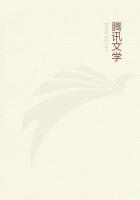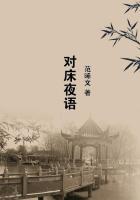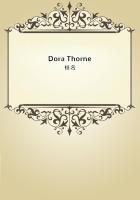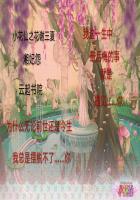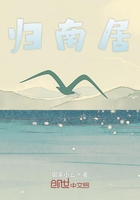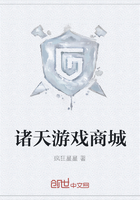I recall very fully the moment and the place when I first heard of 'Don Quixote,' while as yet I could not connect it very distinctly with anybody's authorship. I was still too young to conceive of authorship, even in my own case, and wrote my miserable verses without any notion of literature, or of anything but the pleasure of seeing them actually come out rightly rhymed and measured. The moment was at the close of a summer's day just before supper, which, in our house, we had lawlessly late, and the place was the kitchen where my mother was going about her work, and listening as she could to what my father was telling my brother and me and an apprentice of ours, who was like a brother to us both, of a book that he had once read. We boys were all shelling peas, but the story, as it went on, rapt us from the poor employ, and whatever our fingers were doing, our spirits were away in that strange land of adventures and mishaps, where the fevered life of the knight truly without fear and without reproach burned itself out. I dare say that my father tried to make us understand the satirical purpose of the book.
I vaguely remember his speaking of the books of chivalry it was meant to ridicule; but a boy could not care for this, and what I longed to do at once was to get that book and plunge into its story. He told us at random of the attack on the windmills and the flocks of sheep, of the night in the valley of the fulling-mills with their trip-hammers, of the inn and the muleteers, of the tossing of Sancho in the blanket, of the island that was given him to govern, and of all the merry pranks at the duke's and duchess's, of the liberation of the galley-slaves, of the capture of Mambrino's helmet, and of Sancho's invention of the enchanted Dulcinea, and whatever else there was wonderful and delightful in the most wonderful and delightful book in the world. I do not know when or where my father got it for me, and I am aware of an appreciable time that passed between my hearing of it and my having it. The event must have been most important to me, and it is strange I cannot fix the moment when the precious story came into my hands; though for the matter of that there is nothing more capricious than a child's memory, what it will hold and what it will lose.
It is certain my Don Quixote was in two small, stout volumes not much bigger each than my Goldsmith's 'Greece', bound in a sort of law-calf, well fitted to withstand the wear they were destined to undergo. The translation was, of course, the old-fashioned version of Jervas, which, whether it was a closely faithful version or not, was honest eighteenth-
century English, and reported faithfully enough the spirit of the original. If it had any literary influence with me the influence must have been good. But I cannot make out that I was sensible of the literature; it was the forever enchanting story that I enjoyed.
I exulted in the boundless ******* of the design; the open air of that immense scene, where adventure followed adventure with the natural sequence of life, and the days and the nights were not long enough for the events that thronged them, amidst the fields and woods, the streams and hills, the highways and byways, hostelries and hovels, prisons and palaces, which were the setting of that matchless history. I took it as simply as I took everything else in the world about me. It was full of meaning that I could not grasp, and there were significances of the kind that literature unhappily abounds in, but they were lost upon my innocence. I did not know whether it was well written or not; I never thought about that; it was simply there in its vast entirety, its inexhaustible opulence, and I was rich in it beyond the dreams of avarice.
My father must have told us that night about Cervantes as well as about his 'Don Quixote', for I seem to have known from the beginning that he was once a slave in Algiers, and that he had lost a hand in battle, and I loved him with a sort of personal affection, as if he were still living and he could somehow return my love. His name and nature endeared the Spanish name and nature to me, so that they were always my romance, and to this day I cannot meet a Spanish man without clothing him in something of the honor and worship I lavished upon Cervantes when I was a child.

